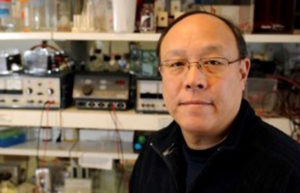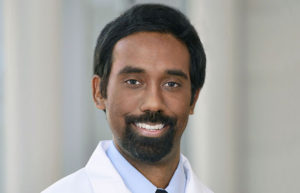
Gut microbiome research moves toward prognostics, diagnostics, personalized medicine
The gut microbiome is as much an organ as the liver, pancreas, intestine or any other organ along the GI tract, says Eugene B. Chang, MD, AGAF, who will moderate Monday’s AGA symposium “Microbiome Diagnostics, Prognostics and Personalized Medicine.”






